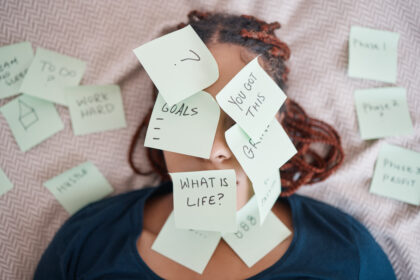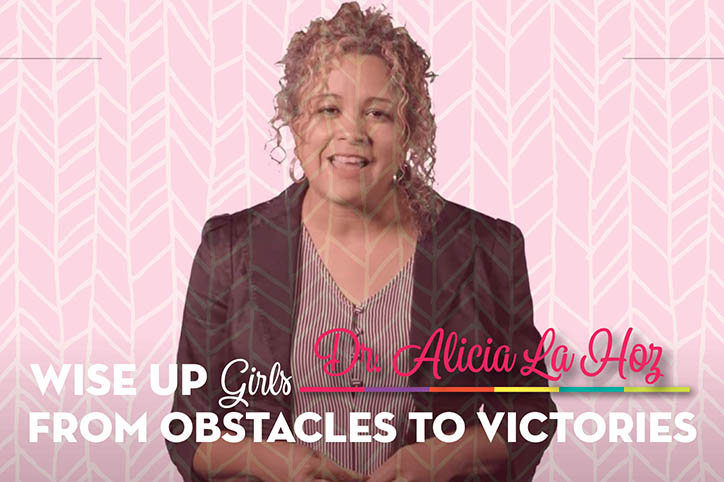It’s safe to say that most of us hate stress. Work, life, school, or whatever situation you may have going on that causes stress is seldom fun. Your shoulders get tight. You’re more irritable. I don’t sleep well when I get stressed. And life seems to drag on more slowly, like the last hour of school before summer break. But there is also good stress. I know that seems oxymoronic to say. What the heck is good stress? And how can you tell what good stress vs bad stress is?
Good Stress

Good stress is usually short-term stress that can motivate you and help you focus to better your performance. If you played sports in high school, it’s that feeling right before a game where you are locked in and ready to play. You wouldn’t call that mental state relaxed, would you? It’s stressful, but a good kind. I love this type of stress. I do it to myself all the time. I’m a chronic procrastinator who desperately needs external pressure to focus on what needs to get done. If you can’t guess from that, I also have ADHD, but that’s a topic for a different article.
Eustress, which is the fancy psychology word for good stress, happens all the time. Big happy life events cause good stress. Weddings, the holidays, having a kid, and buying a house are all things that cause eustress. We can feel stressed out in the moments leading up to those life events. Have you ever seen a stressed-out soon-to-be bride before her wedding day? But it’s all worth it because the stress leads to something beneficial. Perspective on stressors can help change how we react to them. It might not alleviate your stress, but looking at the bigger picture can help contextualize it all for you. Some stress is worth the pain.
Bad Stress

Bad stress doesn’t need an introduction. We’ve all experienced it; if you haven’t, then lucky you. Stress adds up over time. The cost of living is experiencing some daily demands and pressures, whether physical, emotional, or mental. Stress activates our sympathetic nervous system, releasing stress hormones throughout our body. These hormones can give you an initial energy boost, but without rest can leave you feeling drained. They also trigger your fight or flight response, which increases your heart rate, makes you feel nervous, and makes breathing difficult.
All of those bodily responses are great for when you are in a stressful situation. They prepare your body to take whatever actions you need. But if you don’t take care of the thing causing you stress, you will be in a constant state of panic, dread, or fatigue from the ongoing stress. There are so many tips for dealing with stress on the internet. Some may work for you, and some might not, but the key is to try a whole bunch of stuff and stick with what feels the best. Consistency is key, which is easier said than done, especially when stressed.
Good Stress vs. Bad Stress

Life has its ups and downs. You can’t fight what gets thrown at you. Trying to control the universe is pointless, but what you can do is control how you react. I’m naturally a glass-half-empty kind of person. I moan and complain about everything because everything is an inconvenience. Recently, I have started to end my days by listing three good things from the day. The first week or so was harder than I thought it would be. Now, I look at things more positively, so I have things to list at the end of the day. Instead of a wrong coffee order ruining my morning, I just think about how I get to try something new. Or, it may be hot outside, but best to enjoy the sun while I can before it disappears for the winter. Find some joys in life and watch how it helps alleviate your stress.




